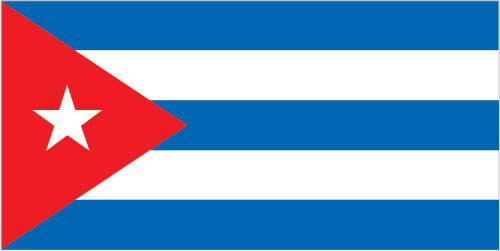
The government continues to balance the need for loosening its socialist economic system against a desire for firm political control. The government in April 2011 held the first Cuban Communist Party Congress in almost 13 years, during which leaders approved a plan for wide-ranging economic changes. Since then, the Cuban government has slowly and incrementally implemented limited economic reforms, including allowing Cubans to buy electronic appliances and cell phones, stay in hotels, and buy and sell used cars. The Cuban government also opened up some retail services to "self-employment," leading to the rise of so-called "cuentapropistas" or entrepreneurs. Recent moves include permitting the private ownership and sale of real estate and new vehicles, allowing private farmers to sell agricultural goods directly to hotels, and expanding categories of self-employment. Despite these reforms, the average Cuban's standard of living remains at a lower level than before the collapse of the Soviet Union and the resulting downturn of the 1990s. Since late 2000, Venezuela has been providing oil on preferential terms, and it currently supplies over 100,000 barrels per day of petroleum products. Cuba has been paying for the oil, in part, with the services of Cuban personnel in Venezuela, including some 30,000 medical professionals.
$121 billion (2012 est.)
country comparison to the world: 68
$117.3 billion (2011 est.)
$114.1 billion (2010 est.)
3.1% (2012 est.)
country comparison to the world: 112
2.8% (2011 est.)
2.4% (2010 est.)
$10,200 (2010 est.)
country comparison to the world: 118
$10,000 (2009 est.)
$10,000 (2008 est.)
agriculture: 3.8%
industry: 22.3%
services: 73.9% (2013 est.)
NA%
6% (2013 est.)
country comparison to the world: 172
5.5% (2012 est.)
5.233 million
country comparison to the world: 72
note: state sector 72.3%, non-state sector 27.7% (2013 est.)
agriculture: 19.7%
industry: 17.1%
services: 63.2% (2011)
4.3% (2013 est.)
country comparison to the world: 39 3.8% (2012 est.)
note: these are official rates; unofficial estimates are about double the official figures
petroleum, nickel, cobalt, pharmaceuticals, tobacco, construction, steel, cement, agricultural machinery, sugar
2.6% (2013 est.)
country comparison to the world: 114